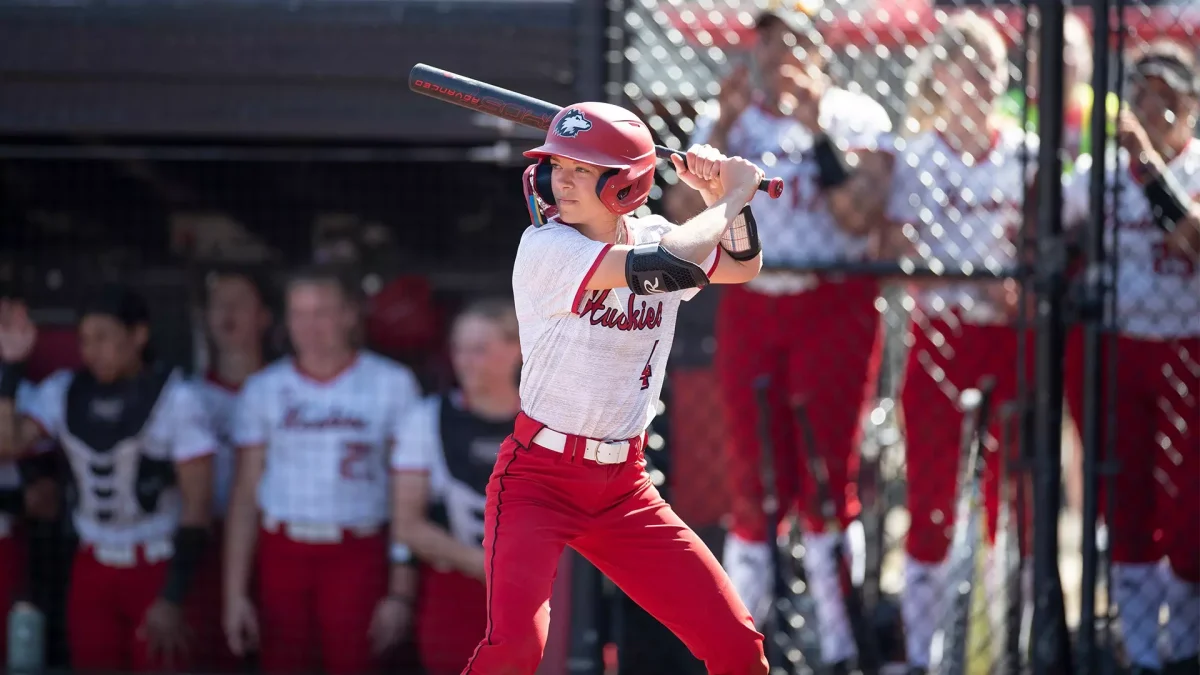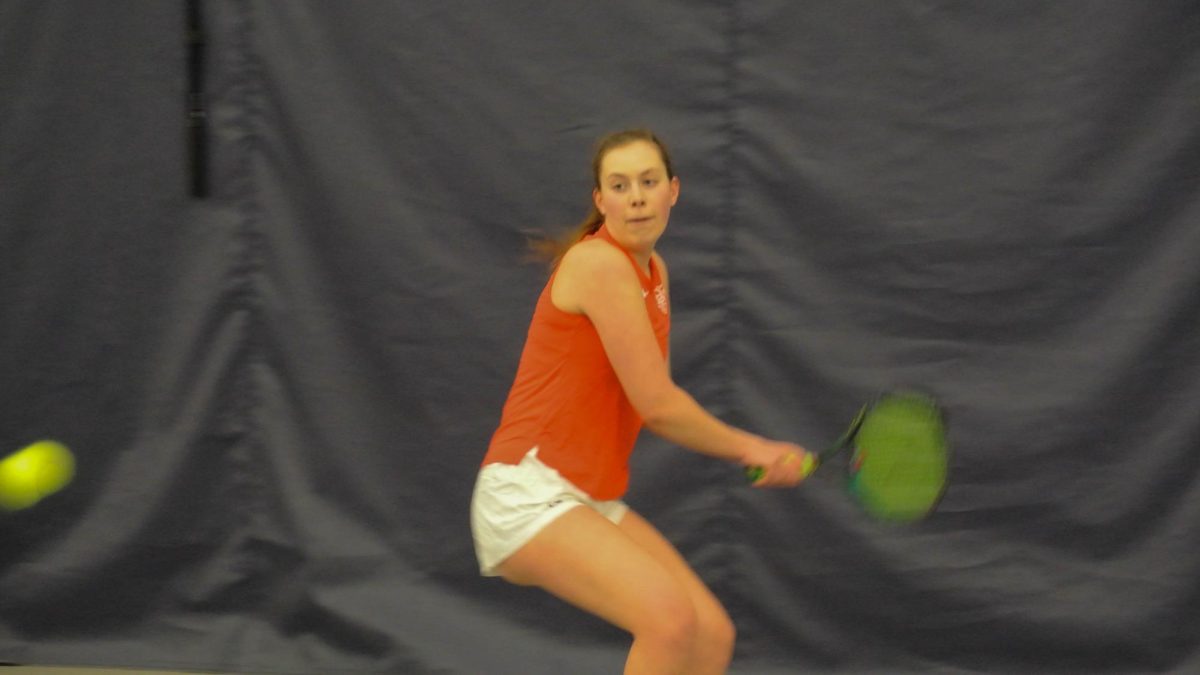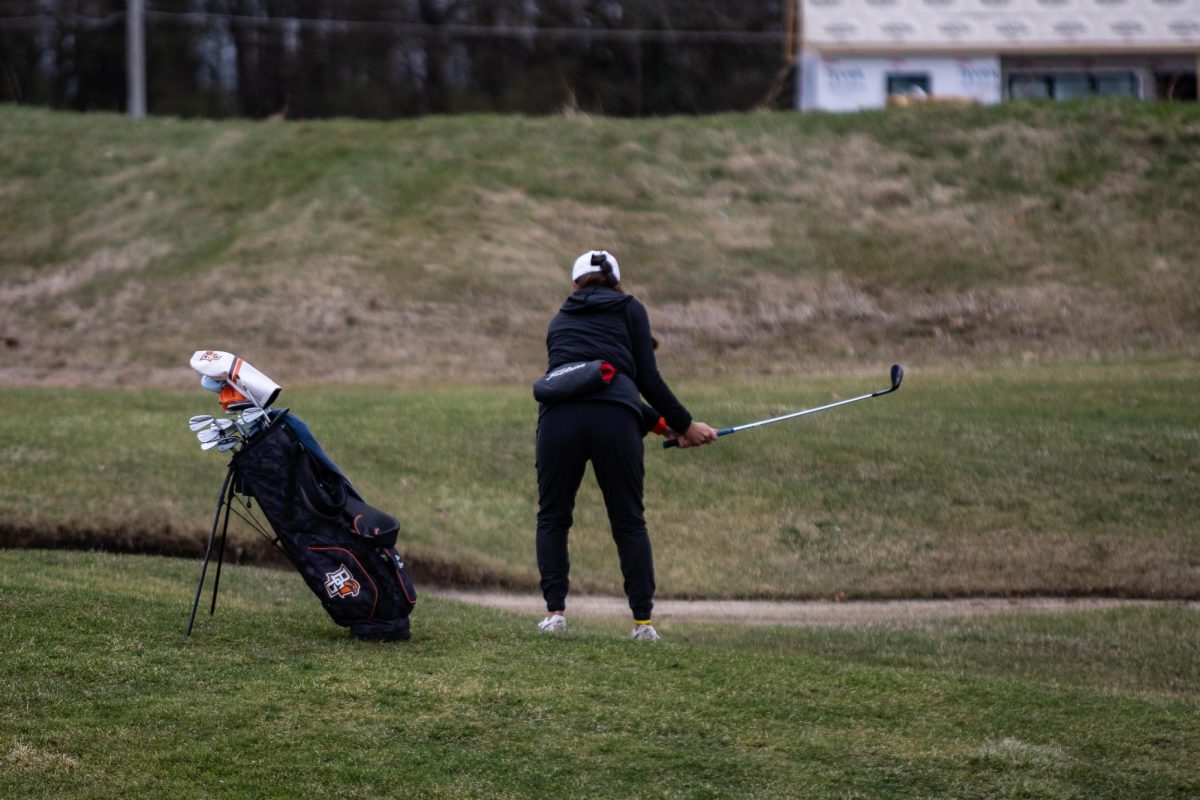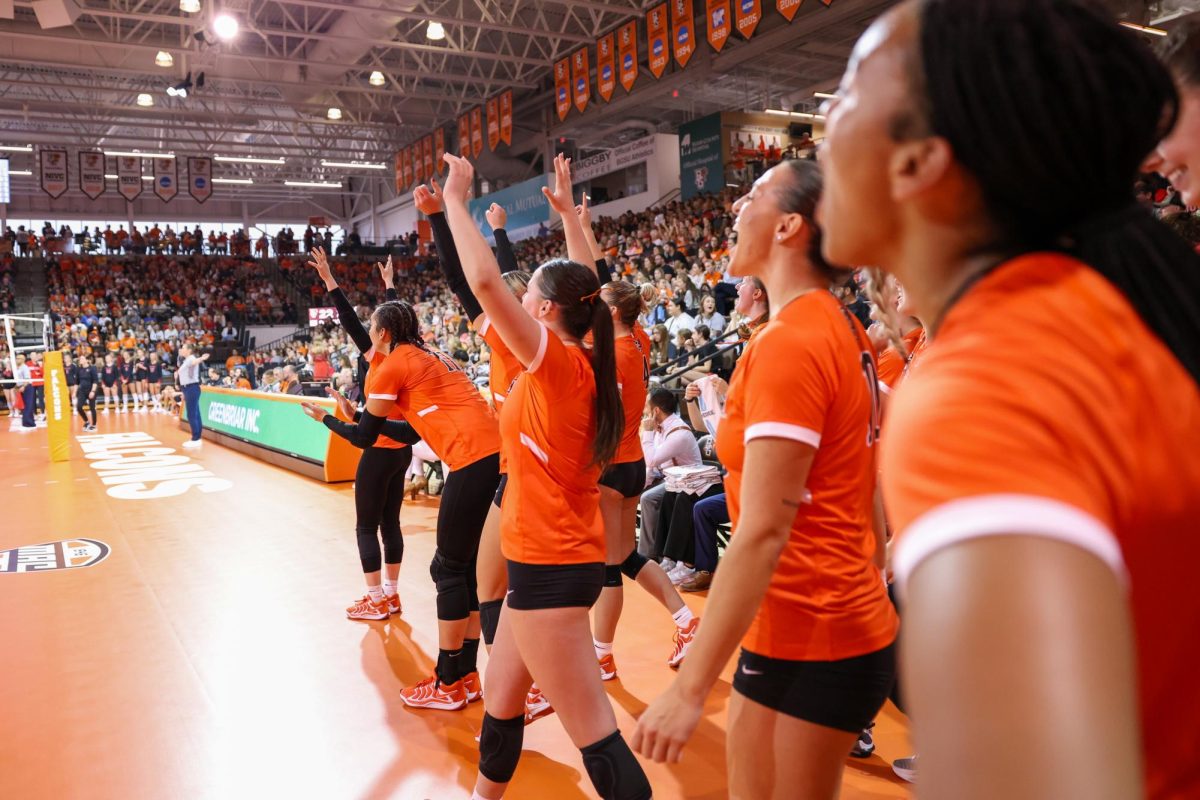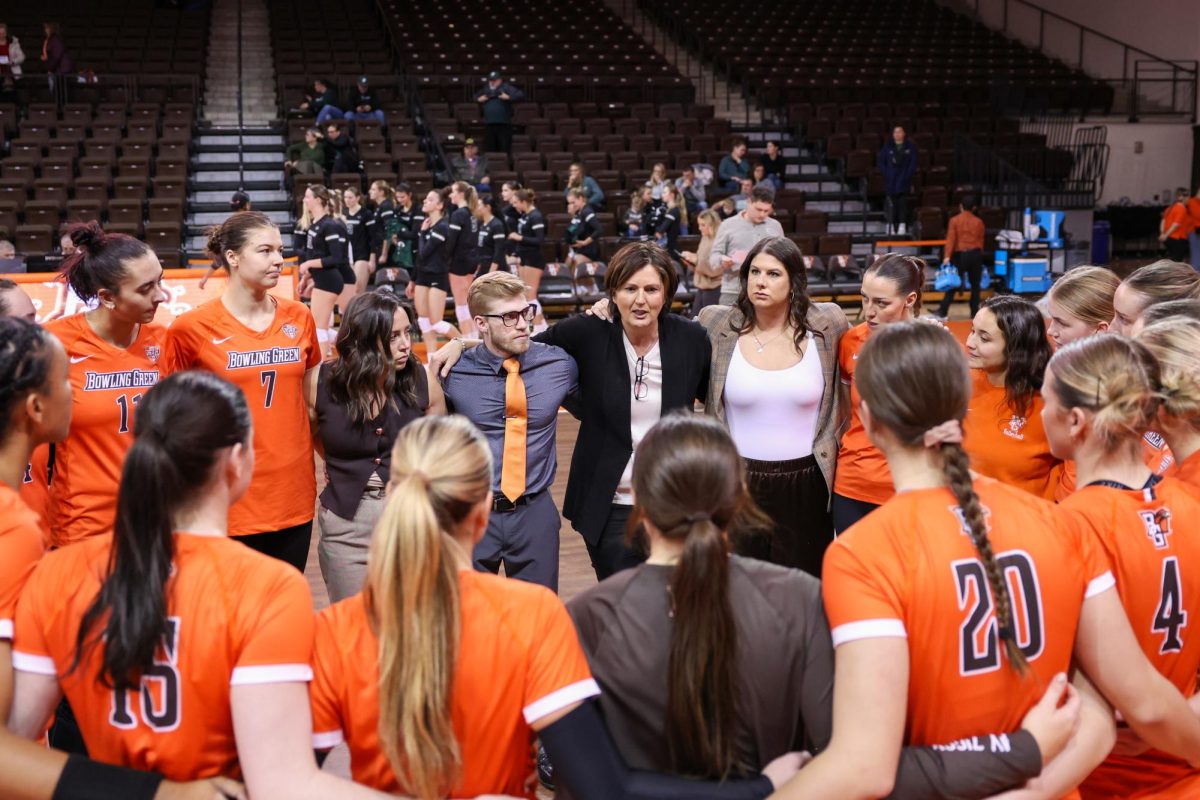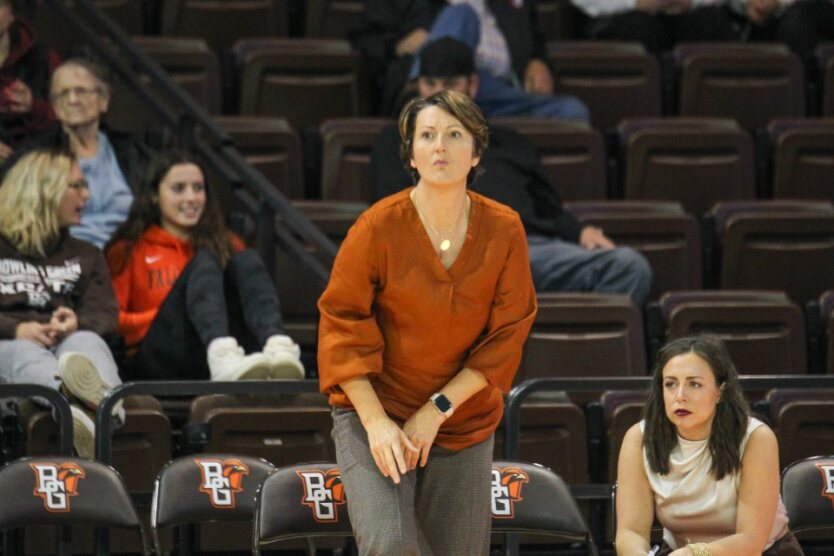The Mid-American Conference released their post-season award winners for the 2024 regular season. Bowling Green’s head coach Danijela Tomic won Coach of the Year, BG’s Lauryn Hovey won Player of the Year, Western Michigan’s Andelyn Simkins won Defensive Player of the Year as a libero and Ball State’s outside hitter Carson Tyler won the Freshman of the Year award.
None of those awards were that controversial, or at least there are strong arguments to be made for Tomic, Hovey, Simkins, and certainly Tyler.
The one that seems controversial is the Setter of the Year (SOTY) award, given to Central Michigan’s Allie Korba, a junior who played her first full season in 2024.
This piece doesn’t mean to detract from a great season from Korba. She earned the starting setter job after playing only 20 sets in her other two seasons with CMU, and her 1,184 assists were second among setters in the MAC. She was, as most setters are, the heart of a team that finished second and had their best overall record since 1984 and best MAC record since 1985.
However, Korba is not the best setter at the MAC and should not have won the Setter of the Year award.
Here is why:
If SOTY is judged by setting only…
This award should not be judged strictly on the setting ability of the players, but if it were, the award should go to Logan Case of Western Michigan.
Case has won the SOTY award in three of her past four seasons (2020-21, 2021, 2023), this year putting up the most assists (1184), highest assists per set (11.61), third least setting errors (13) and third least setting errors per set (.12) of any setter in the MAC. Meanwhile, Korba put up the second-most total assists (1086) but only the fourth-highest assists per set (8.98), seventh-least setting errors (25), and seventh-least errors per set (.21).
The only truly impressive statistic in her stat line is that assist total of 1086. Even this is tainted by CMU playing the most sets in the MAC (121), meaning she had more opportunity to score assists than other setters and has an unfair advantage over them in accumulated helpers.
A fairer way to compare is to use a ranking-point measurement system (1st=10 points, 2nd=nine points, etc., as they do for preseason polls). This will assign points based on which place each setter finished among others in four setting-stat categories used by the NCAA (assists, assists/s, setting err., setting err./s), giving us an all-around picture of who was best.
- Logan Case (WMU): 22
- Macy Hatkevich (Toeldo): 19
- Eliska Vytiskova (Akron): 16
- Amanda Otten (BGSU): 15
- Allie Korba (CMU): 14
- Megan Wielonski BSU): 14
- Mandy Leigh (Buffalo): 12
This considers the total statistics for assists and errors while also accounting for the totals compared to sets played. According to this system, which is fair to all seven, Korba was the fifth-best setter and not even close to Case or Hatkevich.
Case takes two first and two third places (7+7+4+4) for 22 ranking points. Thus, she should have received the award (if based only on setting performance). If we pretend Case didn’t exist, you could make a pretty good argument for Macy Hatkevich. She is only sixth of the seven in total assists and fifth in assists per set but committed the least setting errors and lowest errors per set. This bolstered her ranking points because, statistically, she was more efficient, making much fewer errors than every other setter.
Even if it wasn’t Case or Hatkevich, there are two other setters better than Korba this season. Then again, Case does exist and was statistically the best at setting up the volleyball, so she should have won going away.
If SOTY is judged based on how good a volleyball player each setter is…
Let’s present it this way. An opposite hitter, Hovey, is the MAC Player of the Year in 2024. While she is mainly an offensive weapon, her production was not the best in the MAC offensively, as there are five players with more kills and kills per set than her this season. It is because Hovey affected the rest of the game so well with digs, blocks, and aces that she stood apart from the other attackers and the other players in general.
The main job of an opposite hitter is to get kills. Does that mean that is the only way Hovey and other opposite and outside hitters should be judged? Absolutely not.
Then, the setter position, while mainly tasked with setting the ball to her attackers, should not be judged only on her assists and setting ability but also on how she affects the rest of the game. Truly great players affect the entire game, not simply a piece of it (granted a large one), so the honor should be to the setter who is great in all aspects, not one.
Let’s take the same formula used to rank setters before and apply it again, except now using all statistics accumulated across positions (kills, aces, digs, total blocks, and points). Also included were the statistics per-set equivalent to give credit for the raw numbers while also taking away the weight of sets played.
- Amanda Otten (BGSU): 72
- Mandy Leigh (Buffalo): 69
- Megan Wielonski (BSU): 64
- Macy Hatkevich (Toledo): 61
- Logan Case (WMU): 60
- Eliska Vytiskova (Akron): 60
- Allie Korba (CMU): 33
The point of the ranking, like the setting specific, was to determine who has the best combination of all the variables. Ideally, the rankings are based on which setter is the best volleyball player overall across all aspects of the game.
When I applied the math to all of the players, I expected Korba to be in the three-five range but was not expecting last. She was fifth, sixth, or seventh in kills, digs, total blocks, and points, along with being very low in the per-set equivalents. While she was a pretty good pure setter, she really only affected the game in that one way.
Meanwhile, with this system, Otten should have received the SOTY award. While being in the middle of the list based on pure setting, she proved to be the most valuable setter in the conference by leading in kills, total blocks, and points while also leading in the per-set equivalents.
In simple terms, Otten and Korba were essentially equal in setting ability, but Otten influenced every other aspect of the game better than any other setter in the MAC. So, who deserved the award?
The Setter of the Year award should be given out based on the all-around greatness of the setters in the conference. If you agree with this, then Otten should have been the award selection, which would have been her first as just a sophomore.
If you believe the Setter of the Year award should be given out of pure setting ability, then Case is absolutely the winner, hands down, no question. By not giving the award to Case, the MAC robbed one of the greatest players in Western Michigan volleyball history and one of the greatest MAC setters of all time of a fourth SOTY award.
Why did Korba win over Case or Otten? The MAC does not release reasonings for why they choose certain players, but if I had to speculate, it was because Central Michigan finished second in the conference with no real ‘face’ of the team.
CMU was a young team that had a host of above-average talent but no star like Hovey for BGSU or Case for WMU. The MAC possibly felt as if the two-seed needed a name for non-Chippewae fans to remember the program and thus chose Korba, probably the best player for CMU, to be that face. This is what I would assume to be the case, but there is no way to tell for sure.
Again, there is no doubt that Korba had a great year. She was the heart of a team that overachieved in 2024, was a huge part of CMU’s offensive success, and touched the ball on nearly every play and, all in her first season playing more than 15 sets. If anything, this serves as a commentary on the poor selection for the award from the MAC officials and not on the performance of the junior setter in 2024.








